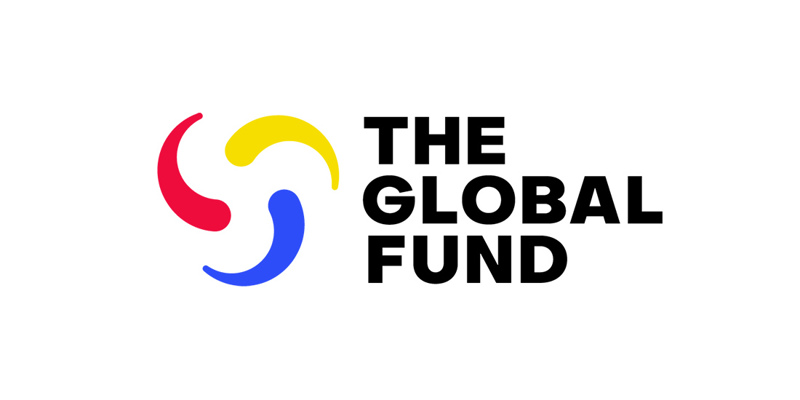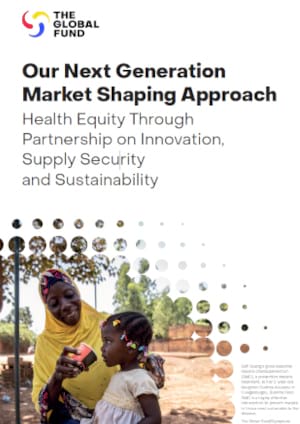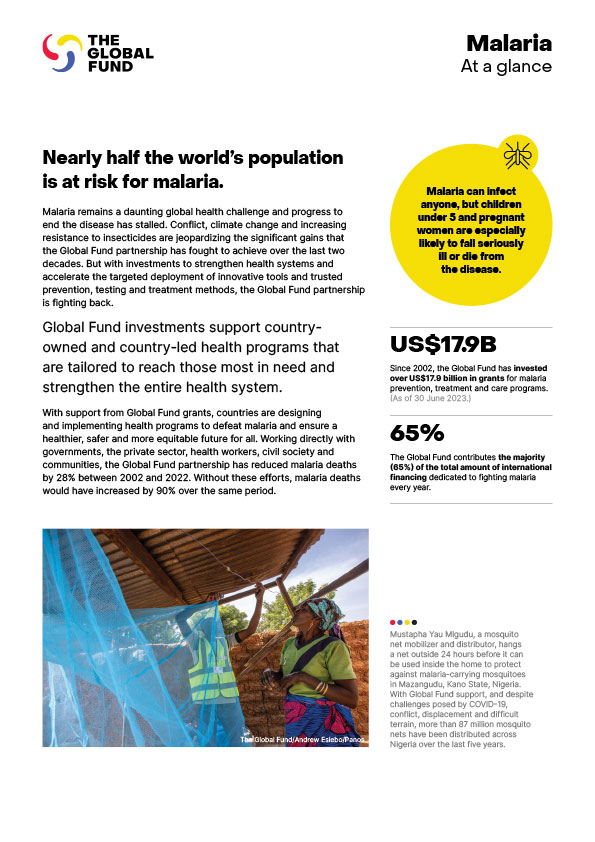The Global Fund signs New Malaria grant to Namibia
09 May 2007
Grant Signed at Southern Africa Regional Meeting
Windhoek - Dr. Kalumbi Shangula, Permanent Secretary of the Ministry of Health and Social Services of Namibia and Dr Nosa Orobaton, Director of Operations at the Global Fund, today signed a new Round 6 grant worth US$8.5 million to scale up the fight against malaria in the country. Namibia now has five ongoing Global Fund grants fighting the three diseases worth more than US$ 145 million over five years.
The new grant was signed in Windhoek, Namibia, at the first Global Fund regional meeting ever held for Southern African countries which takes place from 8-10 May. The meeting was opened by the Minister of Health and Social Services of Namibia, Dr Richard Nchabi Kamwi and Mrs. Elizabeth Mataka, the newly elected Vice Chair of the Board of the Global Fund. Under the theme Sharing Innovative Solutions for Enhanced Program Delivery, government leaders; implementing agencies and other donors; United Nations representatives; civil society and private sector stakeholders are meeting for three days to discuss best practices and challenges and exchange ideas on what works best in the fight against the three pandemics in the region.
"Southern Africa is amongst the regions hardest hit in the world with HIV/AIDS, tuberculosis and malaria", said Dr Nchabi, Minister of Health and Social Services of Namibia, "Exchanging experiences and innovative solutions to challenges between countries in our region, will help us in providing a better future for the many infected with and affected by these three diseases"
In her opening speech, the Vice Chair of the Board of the Global Fund, Ms Elizabeth Mataka emphasized the important role Civil Society plays in the work of the Global Fund in the region and in programs fighting HIV/AIDS, tuberculosis and malaria worldwide. "Apart from the important work of Civil Society in the implementation of Global Fund resources, working with Civil Society is critical for the purposes of creating and sustaining an effective advocacy base for the three diseases", said Ms Mataka, who also heads the Zambia National AIDS Network (ZNAN).
Civil Society Organizations in Southern Africa have played an integral role in the fight against the three diseases as well as in Global Fund processes to date. The region is home to internationally renowned organizations such as the Treatment Action Campaign and ZNAN (Zambia National AIDS Network). Southern Africa has approached the use of Global Fund resources in innovative and effective ways, through the use of dual and multiple Principal Recipients—where the government and Civil Society are implementing the grants alongside one another. Civil Society Organizations in the region have proved to be strong partners in developing the capacity of their counterparts in order to create sustainable responses to tackling the three diseases.
"The Global Fund currently has fifty-four grants in ten countries across Southern Africa fighting HIV/AIDS, tuberculosis and malaria, worth almost US$1.2 billion over two years and more than US$1.7 billion over five years", said Dr Nosa Orobaton, Director of Operations at the Global Fund. "Of this amount, more than US$300 million dollars is expected to be disbursed by the end of 2007 and we expect an even higher disbursement envelope for 2008 and beyond, increasing access to life-saving services for vulnerable and hard to reach populations in the region."
Since its creation in 2002, the Global Fund has grown to become the dominant financier of programs to fight AIDS, TB and malaria, with US$10.4 billion in firm pledges and commitments of US$7.1 billion for programs in 136 countries. So far, programs supported by the Global Fund have averted 1.7 million deaths, through providing AIDS treatment for 770,000 people, TB treatment for 2 million people, effective medicines for 23 million cases of malaria and distributing bed nets to 18 million families in Africa and beyond.







